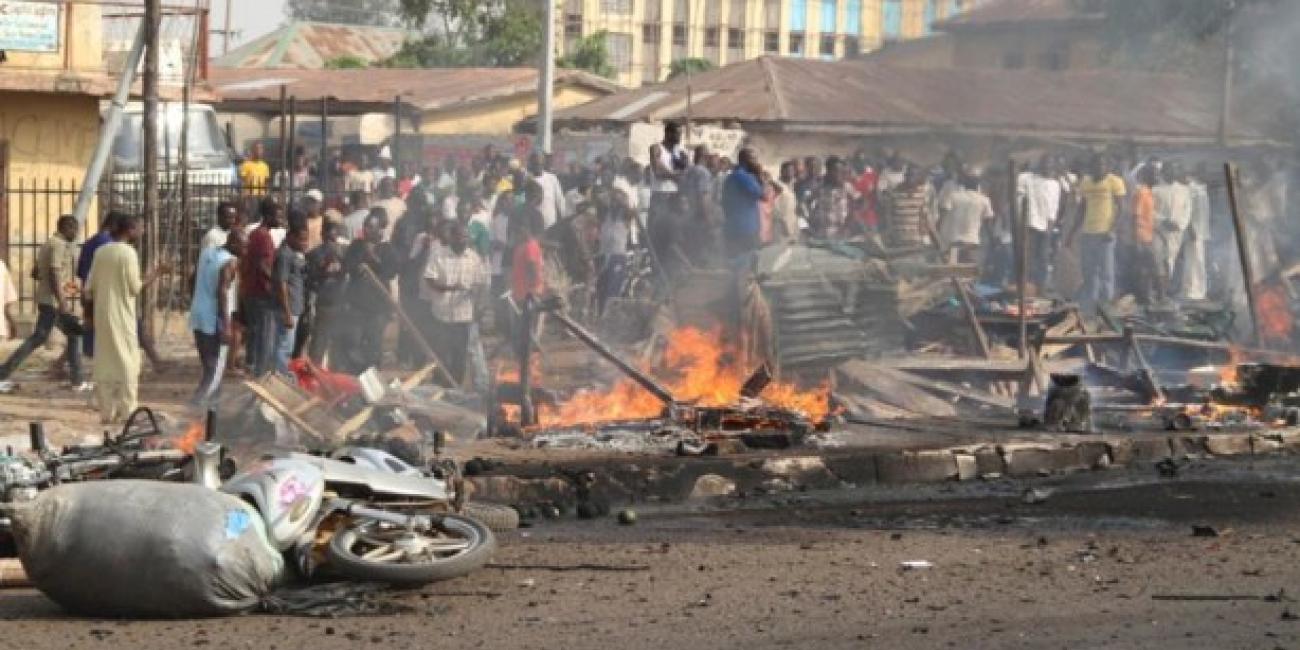BY IKECHI EVANS OSI
“WHY THE FEDERAL GOVT. TARGETS OIL BUNKERING IN THE SOUTH-SOUTH BUT TAKES A LINIENT APPROACH TO THE ILLEGAL MINING IN THE NORTH”
The Nigerian government’s differing approaches to addressing oil bunkering in the South-South region and illegal mining in the northern parts of the country have been a topic of contention and debate.
This is even more worrisome as some Generals and powerful Nigerians are alleged to be involved in the illegal mining of this solid minerals.
These powerful Nigerians are said to provide security for foreign nationals who are recruited to mine the minerals.
Locals are said to be heavily armed so as to provide security for these illegal activities .
However several factors may explain the disparity:
1. Economic Importance of Oil
Oil is Nigeria’s primary revenue source, accounting for over 70% of government earnings and 90% of foreign exchange. Illegal oil bunkering significantly impacts national income and the economy, prompting the federal government to crack down more aggressively in the South-South.
The theft and sabotage of oil pipelines directly affect Nigeria’s daily crude production, which has global implications.
2. Strategic Focus and Visibility
Oil bunkering is highly visible and disruptive to international oil markets and the environment, making it a national and global concern.
Conversely, illegal mining of gold and other minerals in the North often operates more discreetly and does not have the same level of visibility or immediate impact on Nigeria’s national revenue.
3. Security and Control
In the North, illegal mining often involves informal local miners, and in some cases, foreign actors. Authorities have occasionally tolerated these activities due to socio-economic and political dynamics.
In the South-South, oil bunkering involves organized crime, international cartels, and militant groups, which are perceived as a direct threat to national security.
4. Political and Regional Dynamics
Critics argue that political interests and regional dynamics play a role. There are claims that the government is more lenient toward illegal mining in the North due to political alliances or ethnic considerations, while being stricter in the South-South.
Some believe that this discrepancy fuels perceptions of unequal treatment among regions, exacerbating tensions.
5. Regulation and Legal Framework
Nigeria has formalized some small-scale mining activities in the North, giving miners licenses and encouraging regulation. However, similar opportunities are rarely extended to those involved in artisanal oil refining in the South-South, who are criminalized.
6. Environmental Impact
Oil bunkering has a devastating environmental impact on the Niger Delta, destroying ecosystems and livelihoods, which heightens the urgency for government action.
While illegal mining also causes environmental degradation, its impact has not been as widely publicized or addressed at the same scale.
7. Revenue Loss vs. Informal Economy
The federal government sees oil theft as a direct loss of national revenue. In contrast, some argue that illegal mining in the North supports local communities economically, albeit informally, and thus receives less immediate crackdowns.
Conclusion
The disparity in handling these issues reflects economic, political, and social complexities in Nigeria. While oil bunkering in the South-South directly affects national revenue and international markets, illegal mining in the North has been treated more leniently, likely due to regional dynamics and the perceived socio-economic role it plays. However, this unequal treatment fuels regional grievances and demands for equitable governance.





